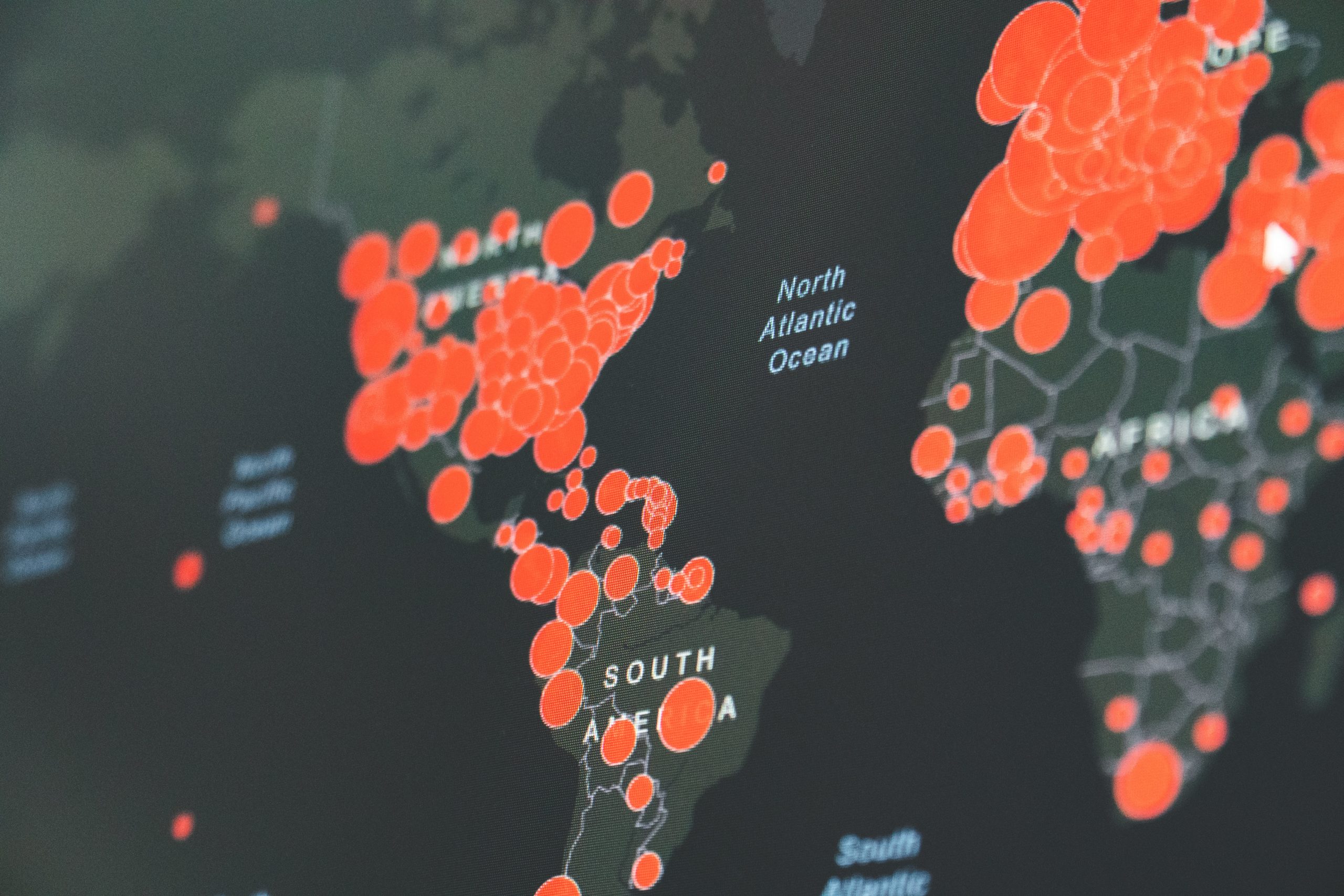As a manager for "Bios funeral directors", Dr. phil. Haimo Schulz Meinen, ex-journalist, teacher and writer, talks about the steps that were necessary to relieve the planet from the human objective of growth. In fact, "Bios Funeral" appears to be a very profitable start up and worthy of investment. After a short moment of surprise we finally published the interview for the Stream towards Degrowth.
First of all, their calendars were counting upward. All of them. Stupid. As if time was something that could be amounted, numbered or summarized. In the year christians called 2015 a movement starting in Germany implemented an oppositional calendar. We count from 50 downwards. Now we are in the year 35, meaning we have another 35 summers and winters to 0. The same applied to the muslim, jewish, hindu, or buddhist calendar. These imaginations of progress have been turned upside down. (490 characters)
The alliance of rich, wealthy and less wealthy but still commanding were the major problem. All of them knew that their privileged positions, access to fresh water, heat, and to artificially produced alimentation was basically depending on their corruption, their alignment to the crusade against the independently naturally grown. Although there always were some heretics calling themselves „degrowth“ activists, the vast majority was and kept aligned. (454 characters)
„Bios intelligent decline“, a branch of „Bios Bestattungen“/ „Bios funeral directors“, was the first to sell letters of indulgence. Following the example of the roman-catholic church in medieval times “Bios intelligent decline” confronted everybody with his or her personal balance of crimes against animals, nature, and the poor. Possible death penalty in view, a growing number of people decided voluntarily to buy such a letter of indulgence. With the money, ground and its defense was financed. (498 characters)
Well-being means that no species is held captive or gets tortured. No species has exclusive first-choice rights or “possesses” a certain area, ground, or region. No species is entitled to populate all five continents. Nobody should burn fossil coal, gas or oil just to make a living in cold latitudes. Dismantling the historically given masses of industry, infrastructure, and population step by step in the end will enable a well-being for few humans with no possession, scattered in warm regions. (497 characters)
The organization “Rewilding Europe” (NL) pointed to areas in Europe where the retreat already had started. The first managed areas were Western Iberia, Eastern Carpathians, Danube Delta, Southern Carpathians, Velebit (Croatia) and Central Apennines. In Argentina and Chile other areas had been secured against industrial growth and exploitation greed, similarly in other continents. For the first time in 200 years of industrialization history, some of the reaching ranges began to shrink. (490 characters)

In the early 17th century, the bubonic plague is said to have played a crucial role in popping the tulip bubble in the Netherlands. Today, the coronavirus (COVID-19) is leading not only to a health crisis, but also an economic one. The outbreak is sparking realistic fears of a deep global downturn. Our globalised, just-in-time, cost-cutting, risk-taking and profit-maximising economy has shown a...
What's harder? Raising 46.000 Euros in short time or at last starting a big debate about the future of a fossil fuel-dependent region? For the organizing team of the Degrowth Summer School, both were great challenges... Christopher Laumanns reports. With a little help from our friends: how we filled a financial open cast mine... Ten days before the start of the Summer School, which took place...
Interview with Christine Bauhardt Prof. Dr. Christine Bauhardt is professor for Gender and Globalization at the Humboldt University in Berlin. Her main research interests are society-nature-relations and gender relations, feminist critique of the economy as well as migration and urban development. She took the time to answer our questions for the interview-series of the Stream towards Degro...